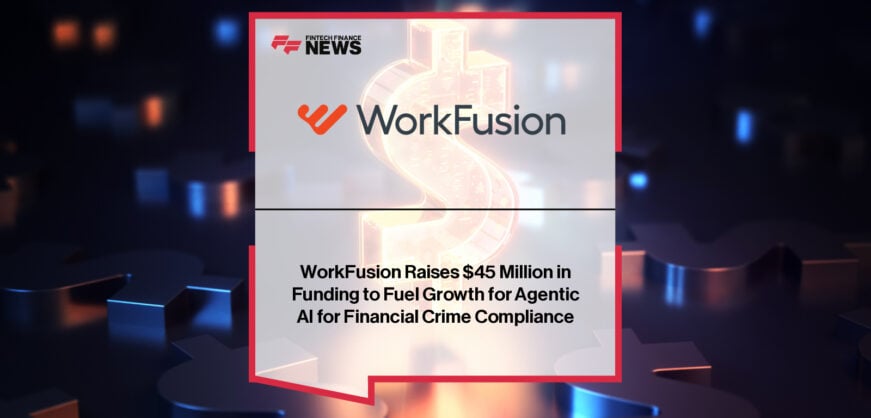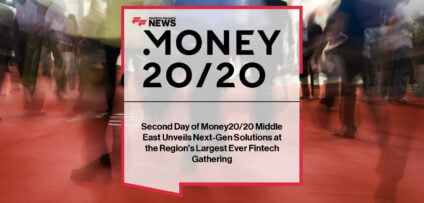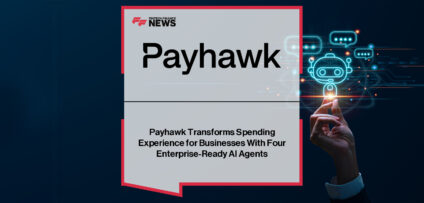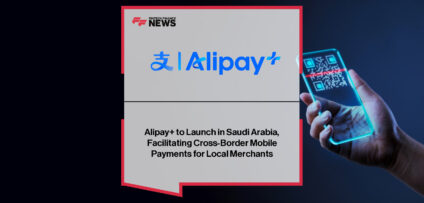Breaking News
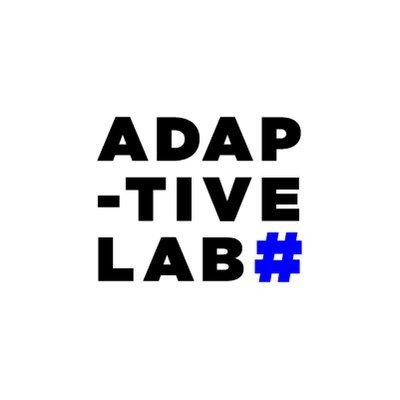
Open banking- Comment from Adaptive Lab
Jessica Leitch, Principal at Adaptive Lab comments:
“Put very simply, open banking releases the stranglehold the banks have on their customers’ financial information. The regulation requires that they make their customers financial information available via open APIs. The theory being that third-party providers will use this data to build new products and services and offer them to customers to help them to manage their finances better. For example, the information could be used to help us retail customers to more easily compare current accounts or mortgages, or to switch bank accounts with one click, or to consolidate all our accounts and bills in one place without needing to hand over our passwords. For SMEs it means it will be easier to share their financial data with other account or reconciliation service providers.
“The biggest problem is that banks will start to lose access to their customers’ data. If you’re transacting purely through say Paypal or any other P2P payment platforms the banks not only can’t see what your spending your money on, they also can’t take advantage of overdraft, FX or other kinds of fees associated with financial transactions. Losing this also takes away the data the banks use to feed their risk models. Basically, it has the potential to disrupt the banks current prime account model as well as their payments value chain.
“Once these new businesses build enough trust (and raise enough capital) with users to also provide you with loans and financing and robo-investment advice – what do you really need a bank for?”
- WorkFusion Raises $45 Million in Funding to Fuel Growth for Agentic AI for Financial Crime Compliance Read more
- AI-Powered E-commerce, Stablecoins and Local APMs: Emerging Trends Headline EBANX’s Payments Summit in Mexico Read more
- Second Day of Money20/20 Middle East Unveils Next-Gen Solutions at the Region’s Largest Ever Fintech Gathering Read more
- United Gulf Financial Services Joins The Hashgraph Association and Exponential Science Foundation Adding $1M to Hedera Africa Hackathon Pool Prize Read more
- Payhawk Transforms Spending Experience for Businesses With Four Enterprise-Ready AI Agents Read more




